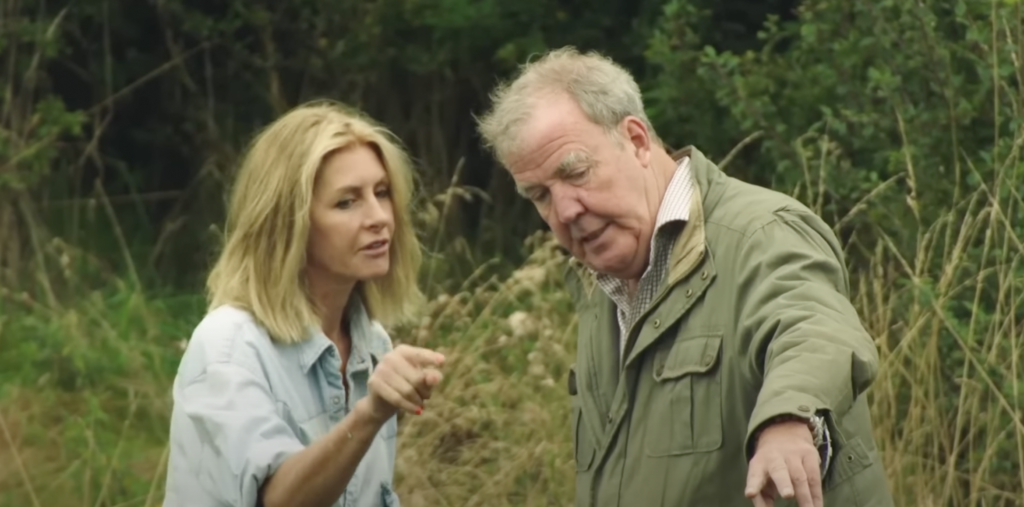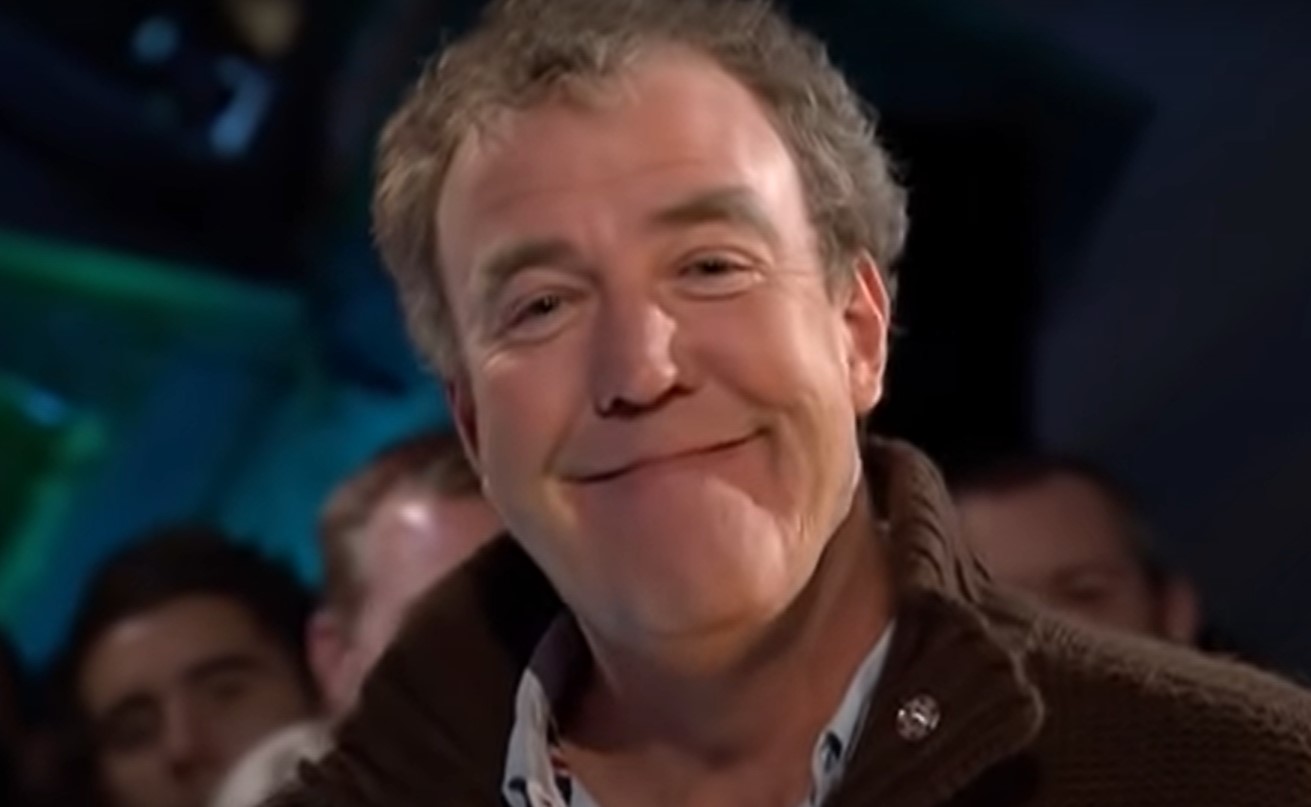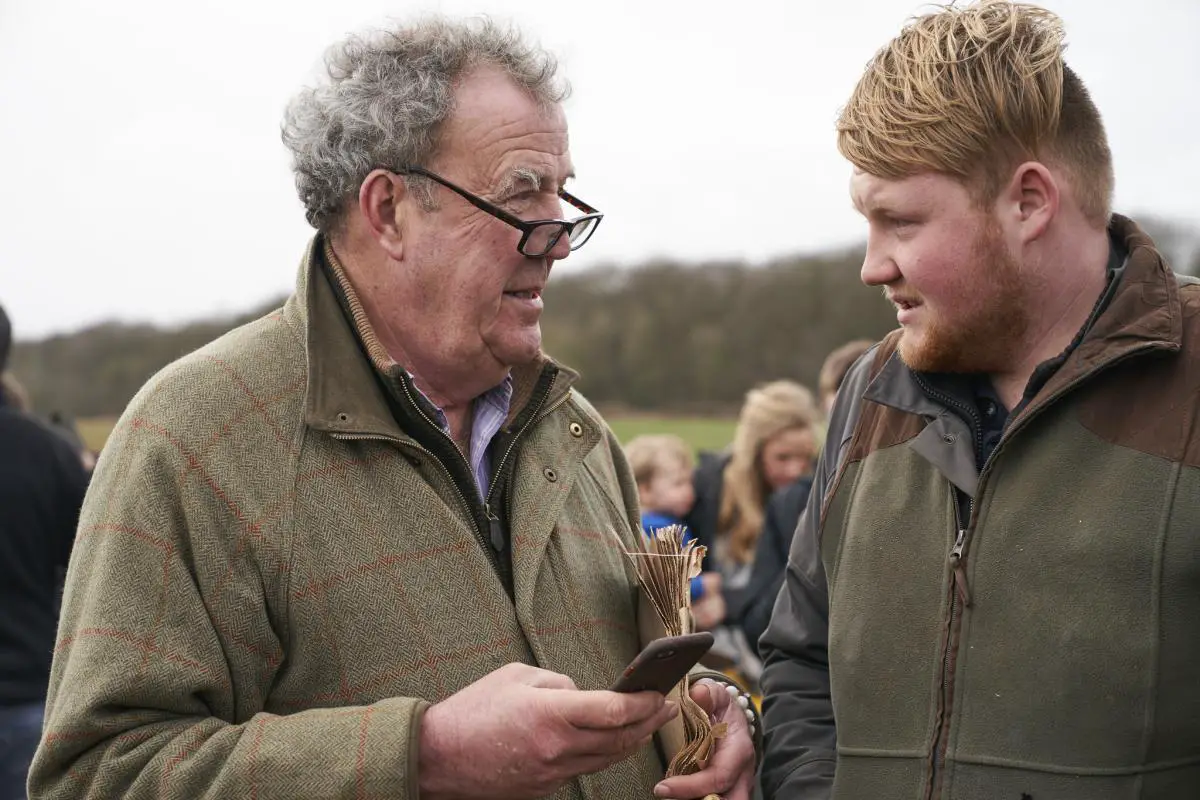Jeremy Clarkson Complains Of Rising Farming Costs That Made Him Think Twice
In a recent column for The Sunday Times, Jeremy Clarkson discussed the financial struggles he faced at his farm, Diddly Squat Farm. Rising fertiliser costs threatened to push the Grand Tour host’s expenses far above what he expected, leading him to consider leaving the farming industry.
He wrote:
“This question has been troubling me all year. As fertiliser prices went through the roof, past the chimney pots and the lightning conductor and then continued going upwards, from £200 a tonne to more than £1,000, I started to wonder if I’d be financially better off if I took up wilding and went to bed for a year.
“I couldn’t really afford to use fertiliser, and I couldn’t afford not to because the soil round these parts, and the altitude, conspire to make the organic option a nonstarter. Maybe I really should just say phooey and not do any farming at all.”

However, a chance encounter with local farmer and Groove Armada founder Andy Cato changed his mind. Cato introduced Clarkson to a technique involving digging holes in different parts of the field to determine the most suitable crops to grow. As a result, Clarkson decided to plant both wheat and beans on his farm.
“Then things got even more complicated because it turns out you don’t just drive around spraying the crops willy-nilly with insecticides and pesticides and fungicides,” he wrote.
“You test them regularly to see specifically what they need. And then you give them that.”
Not everyone was on board with the idea, however. Clarkson’s co-star on Clarkson’s Farm, Kaleb Cooper, was unenthused by the change in strategy. Cooper, who makes a living as a contractor, prioritised the amount of product used over cost. Despite Cooper’s reservations, Clarkson remained committed to the new approach and hoped it would lead to long-term success for Diddly Squat Farm.



